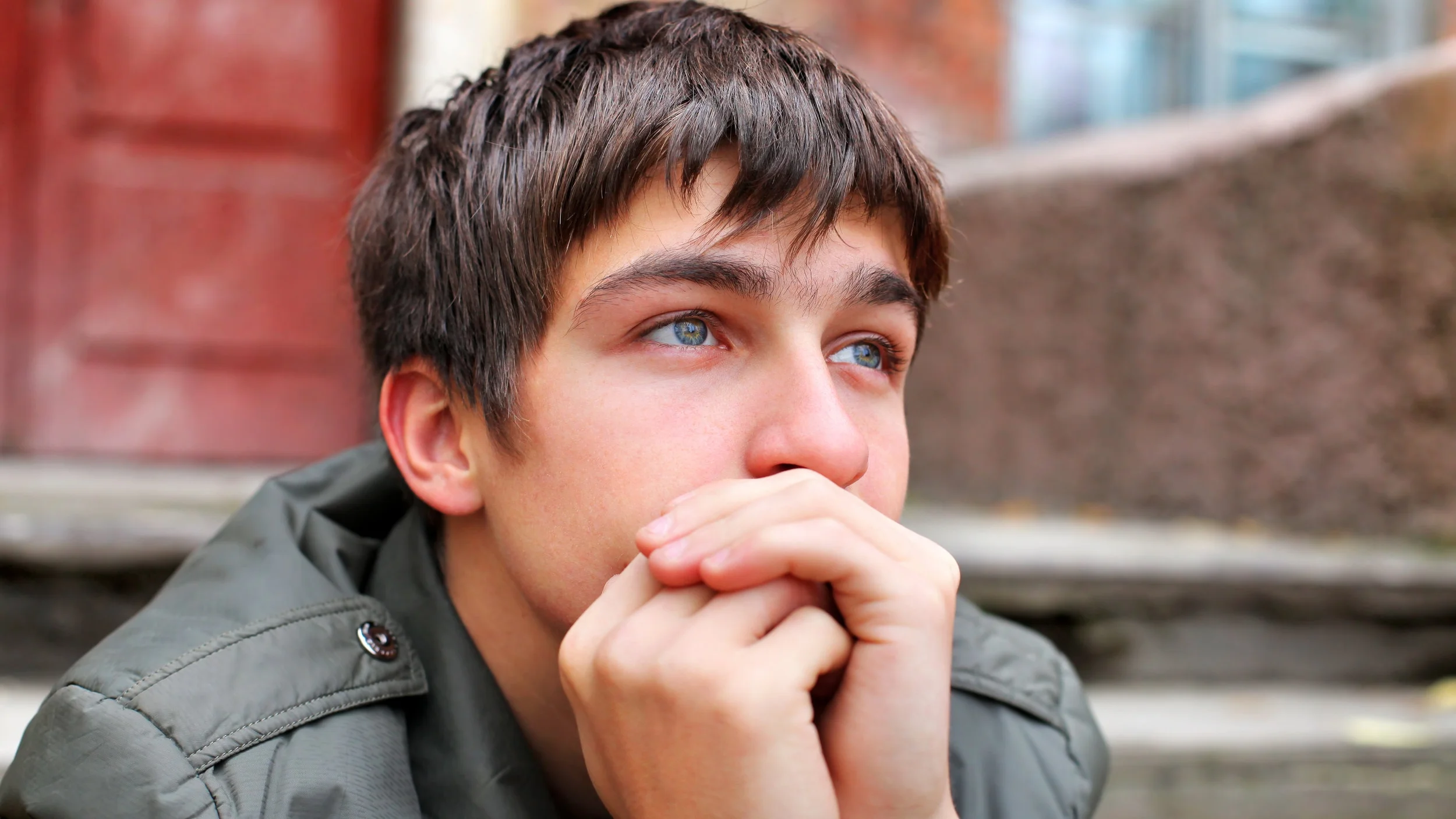Anxiety
Anxiety is a natural human response to threatening or dangerous situations. When danger threatens, our nervous system sends messages throughout the body to prepare us for either 'fight' or 'flight'. This was, and still is, a very important survival instinct. However, these days, in our increasingly complex world, we can feel threatened by more than just obviously life threatening situations. When it is triggered at inappropriate times, or for prolonged periods, the body can become flooded with biochemicals released by our nervous system. These biochemicals can:
increase our heart rate, breathing rate and blood pressure
increase our alertness
cause us to feel restless and/or tremble or shake
make our hands cold and clammy
make us nauseous
make us feel wound up or 'on edge'
make us irritable
interfere with concentration
have a negative effect on our mood
interfere with our immune system
disrupt our sleep
produce muscle tension, headache and pain.
Forms of anxiety
Anxiety can take many forms. These include:
excessive worry about ordinary life events or situations
general panic or acute panic attacks
specific fears or phobias about particular objects, people, places or events- anxiety about being in
places or situations from which it would be difficult to escape. This fear may even stop us from leaving our homes
anxiety about mixing with other people
a pre-occupation with rules and regulations in order to reduce a perceived threat
anxiety following a specific traumatic event, such as a car accident or assault.
Factors influencing anxiety levels
Some people may be genetically vulnerable to general anxiety, but there is little evidence for the inheritance of specific anxiety disorders.
Multiple stressful events may trigger the development of specific anxiety disorders.
Learned behaviours, which generate and/or reinforce fears.
An anxious personality style. Some people tend to be nervous, emotional and worry easily.
Family dynamics, e.g. emotional/physical/sexual abuse, overprotective/controlling or rejecting parental styles.
Distorted or exaggerated risk evaluation.
Attentional biases.
There is a strong link between depression and specific anxiety symptoms e.g. headaches, restlessness, poor sleep, muscle tension and pain.
Substance misuse.
Traumatic events.
How can a psychologist help?
Psychologists are experts in human behaviour and are specifically trained to equip people with the skills needed to function more effectively and prevent problems. Most psychologists help mentally healthy people to find ways of functioning better. A psychologist can help you understand the relationship between stress, personality and anxiety. He/she can then provide you with specific strategies and techniques that have been proven to be helpful in treating anxiety. These will help to reduce your stress levels and manage your stress responses. These strategies and techniques may include breathing and relaxation techniques, sleep management strategies, problem solving skills and techniques designed to restructure unhelpful thinking patterns. They are designed to influence your perceptions, thinking and behaviour and give you greater control over your responses to everyday and major life stressors. A psychologist will also give you the opportunity to practice these new skills and techniques in a safe environment, help you to gradually introduce them into your lifestyle and give you the opportunity to discuss your feelings and problems with a person with professional knowledge and expertise.
If you would like to discuss concerns about anxiety with a Psychologist, please phone Regional & Rural Mental Health Services on (07) 4637 9989, or fill out our Contact Form to arrange an appointment to see a member of our team.

